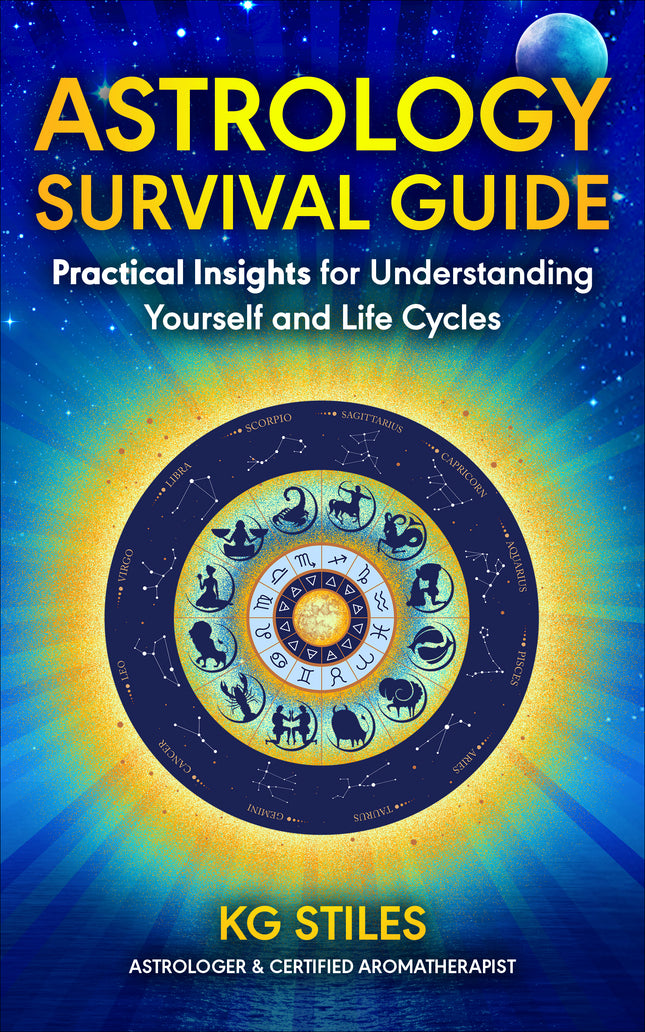 Common symptoms and complaints that may indicate the need for some type of mood enhancement therapy, include:
Common symptoms and complaints that may indicate the need for some type of mood enhancement therapy, include:
Loss of inspiration, lack/loss of direction, feeling aimless and purposeless in life, lack of enthusiasm and motivation.
What is mood and why is it so important?
Your mood is your general emotional state. Your mood can dramatically affect how you experience life.
Your mood reflects your attitudes and beliefs about life which are continually changing.
We all know that when we are in a ‘good’ mood things seem to more often to go our way. While when we’re in a ‘bad’ mood we feel out of sync with life.
When we are in a 'bad' mood our feeling of enthusiasm for life is diminished.
Sometimes you can just wake up in a ‘bad’ mood, or during your day something happens that triggers a ‘bad’ mood.
Minor daily changes in your mood is natural to the life experience.
Common occurrences in life that can influence your mood:
- Stress in relationships.
- Stressful life events.
- Financial worries.
- Hormonal imbalance, i.e. puberty pregnancy, PMS and menopause.
- Chronic and unpredictable health concerns.
- Unexpected change.
- Feeling out of control.
Symptoms of a ‘bad’ mood can include:
- Feelings of guilt.
- Sadness.
- Worthlessness.
- Desperation.
- Inability to experience pleasure.
- Changes in appetite and sleep patterns.
- Lack of energy.
- Poor concentration.
- Fatigue.
- Thoughts of doing harm to yourself or others.
Mood Swings refer to rapid changes in your mood.
While Minor daily changes in your mood is natural to the life experience, extreme mood swings as with major depression, anxiety and bipolar disorder, indicate a much more serious emotional/health issue.
World Health Organization (WHO)
The WHO estimates that 300 million people (over 6%) worldwide suffer from a serious debilitating mood disorder.
A ‘bad’ or 'depressed' mood is the leading cause of disability in the world. Women are much more likely to suffer with a mood disorder than men.
Severe mood imbalance is the biggest economic burden worldwide, costing an estimated 210 billion annually.
Please Note:
Essential Oils are not recommended for alleviating a chronic severe mood disorder.
Someone with chronic or severe states of ‘bad’ or ‘depressed’ mood and emotional stress, or suffering from suicidal thoughts should be under the care of a qualified medical professional.
Essential oils can be helpful as an adjunct therapy for more severe mood imbalances with your physician onboard.
Essential oils are one of the most popular Complementary and Alternative Therapies (CAM), chosen by many for enhancing the mood.
- Great for balancing ever day natural shifts in mood.
- Can immediately shift a ‘bad’ mood.
- Enhance an already ‘good’ mood.
- Help you feel better almost instantly.
- Perfect for stress related mood swings.
- Helpful for hormone related mood swings.
- Can be an adjunct therapy for extreme mood swings with your doctor’s approval.
Aromatherapy has been researched for its affect on mood and shown to have beneficial affects on symptoms of ‘bad’ or ‘depressed’ mood like anxiety and depression which support their use in clinical studies.
5 Mood Enhancement Super oils:
Here are a five essential oils that have been widely studied for their anxiolytic (reduces anxiety) and sedative (promotes calm, induces sleep) properties.
Grapefruit (Citrus paradisi) - Energizing and uplifting to the senses. Renews optimism, enthusiasm and motivation.
Ylang Ylang (Cananga odorata) - #1 oil for balancing nervous tension. Useful for dispelling fear and anxiety.
Lavender (Lavandula angustifolia) - Helps dispel negative mental states. Useful aid for breaking negative self talk.
Peppermint (Mentha x piperita) - Better than coffee as a stimulant. Known to clear brain fog. Helps improve ability to focus and sustain attention.
Lemon (Citrus limonum) - Excellent for relieving emotional upsets, cleanses negative emotions. One of the best oils to use for releasing, letting go and moving on.
READ first article in this series, How to Get Motivated! The Research & Essential Oils to Use.




Leave a comment